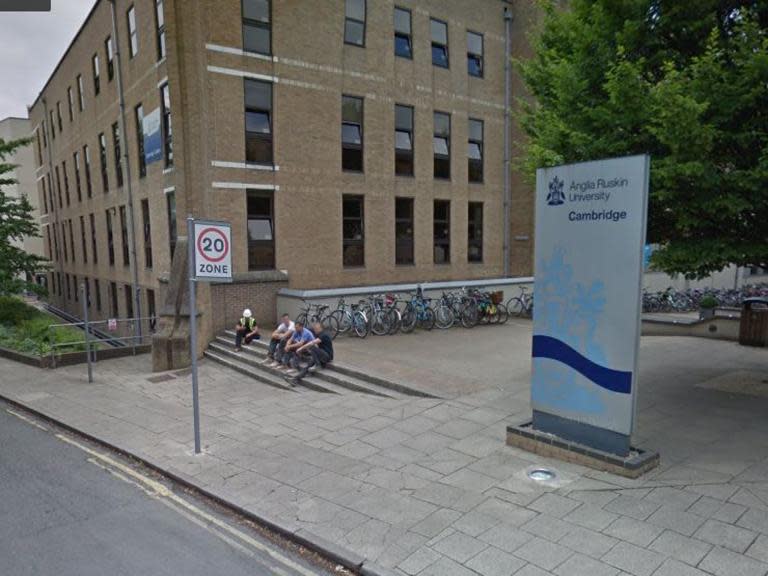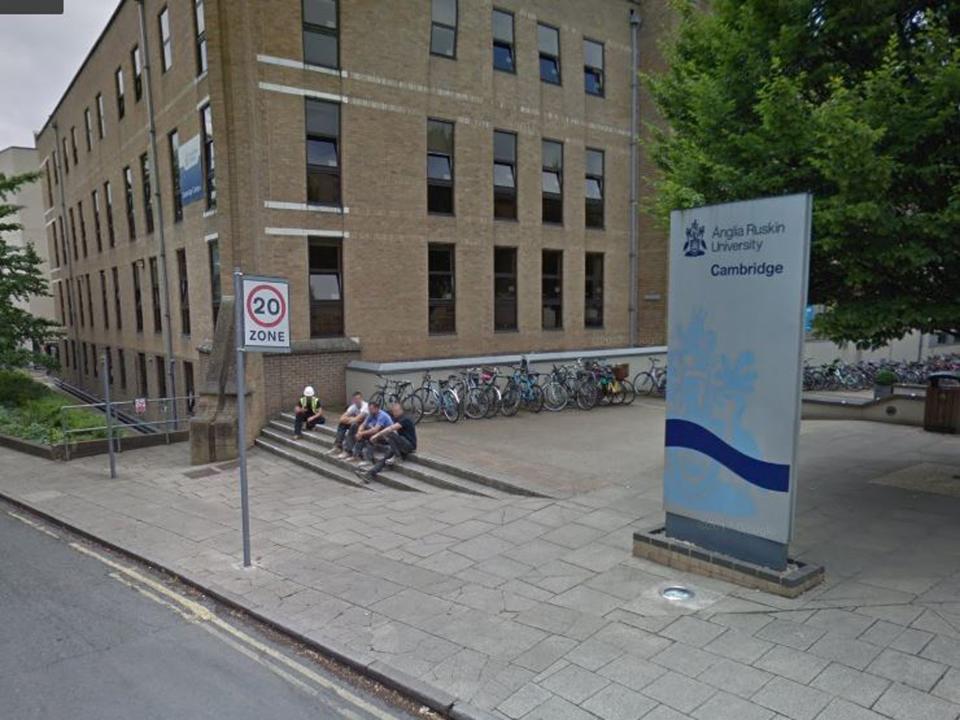More graduates could make financial claims after former student receives £61k over ‘Mickey Mouse’ degree
More graduates could be given payouts for courses they are dissatisfied with after a former university student received a £61,000 out-of-court settlement over a “Mickey Mouse” degree.
Pok Wong, who graduated from Anglia Ruskin University in 2013 with a first in international business strategy, claimed the university had “fraudulently misrepresented” the course and career prospects.
Ms Wong, who described her degree as a “Mickey Mouse” qualification when she launched legal action against the university, has been paid £15,000 and £46,000 towards her legal costs.
Nick Hillman, director of the Higher Education Policy Institute (Hepi) think tank, told The Independent it was likely that more claims of a similar nature would be made following her success.
“Students think they are buying an education and there are many official bodies who agree with them,” Mr Hillman said.
The National Union of Students (NUS) added that it indicated a way “students can seek recourse”.
Last month, the Office of the Independent Adjudicator ruled that students should be refunded at least 50 per cent of their tuition fees for lost teaching time by universities that failed to minimise the disruption caused by last year’s lecturer strikes.
Experts said it could pave the way for more compensation claims from students, who pay up to £9,250 a year in tuition fees in the UK, and even more if they are outside the European Union.
Meanwhile, an investigation in September last year revealed that a number of universities have made potentially misleading marketing claims about their international status.
It came after the the Advertising Standards Authority (ASA) launched a crackdown on universities misleading students with false claims in their marketing materials.
Ms Wong, also known as Fiona, has claimed that universities often make promises in their prospectuses which they know will never materialise or “are simply not true”.
Speaking about the likely rise in cases from dissatisfied students who do not believe their university courses are value for money, Mr Hillman added: “It’s an exceedingly difficult area.
“If a graduate doesn’t get a job, it could be because they do badly at interviews or have a weak CV. It may not be down to their university.”
Nicola Dandridge, chief executive of the Office for Students, the regulator for the higher education sector, told The Independent: “There are a number of avenues students can pursue if they are not satisfied with the quality of the teaching they receive or other aspects of their course.
“It may well be that students raising concerns and complaints either informally or formally can bring about changes, but clearly it is important that students are able to escalate these concerns if a resolution cannot be found.”
Last week, a government-commissioned review suggested that tuition fees should be cut to £7,500.
An NUS spokesperson said: “The Augar review confirmed that fees are too high, and accepted that students are accruing unsustainable levels of debt within the current system. It is little surprise this affects their perception of value for money.
“Students do have clear rights under law, and the report of the settlement does indicate a way students can seek recourse.”
Last year, the County Court of Central London ruled in the university’s favour and ordered Ms Wong to pay £13,700 of Anglia Ruskin’s legal costs.
But the university’s insurers wrote to the former student following the hearing, without reference to the university, offering to settle her £15,000 claim, plus the payment of her legal costs.
A statement from Anglia Ruskin University said: “We do not support their decision and have informed them that we consider that they acted negligently and against the university’s interests.”

 Yahoo News
Yahoo News 

